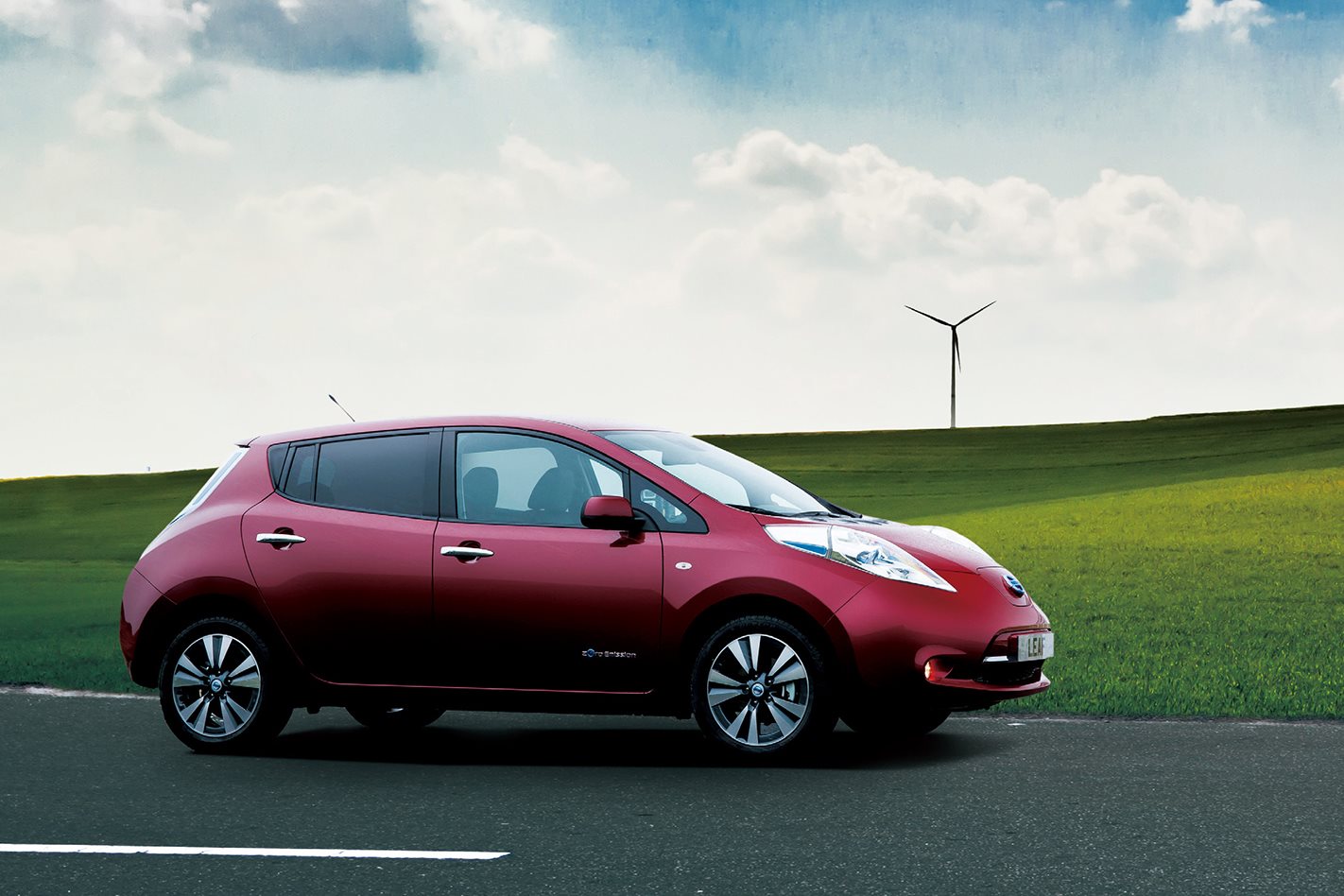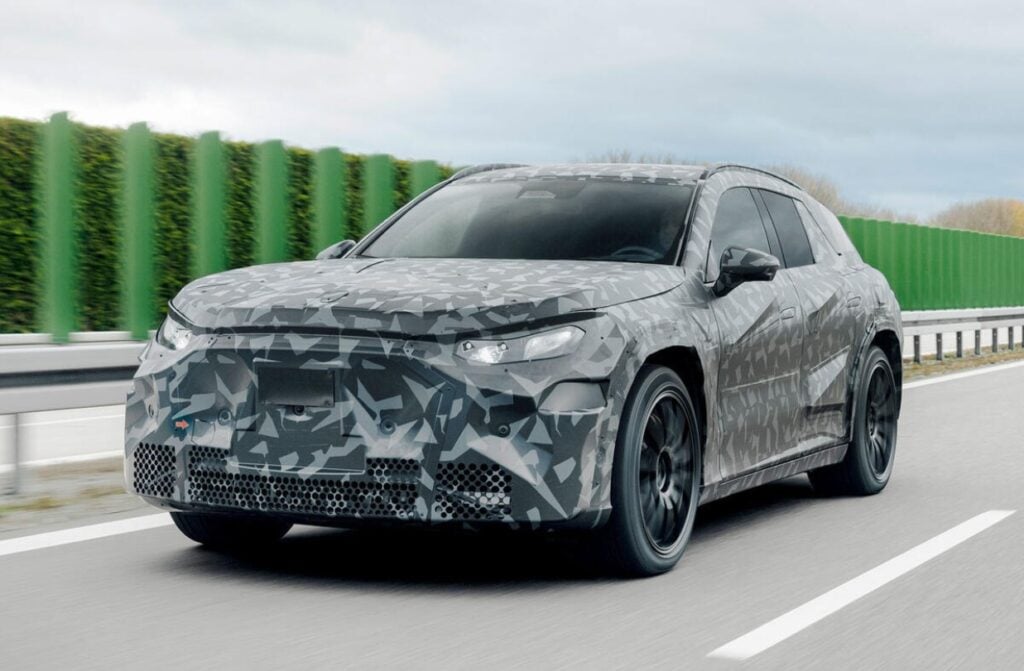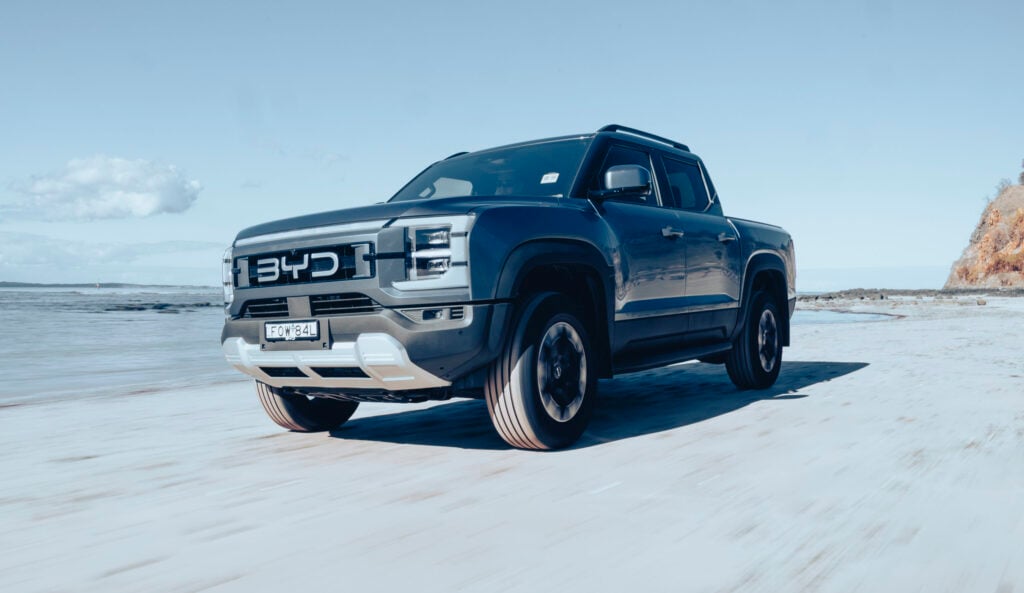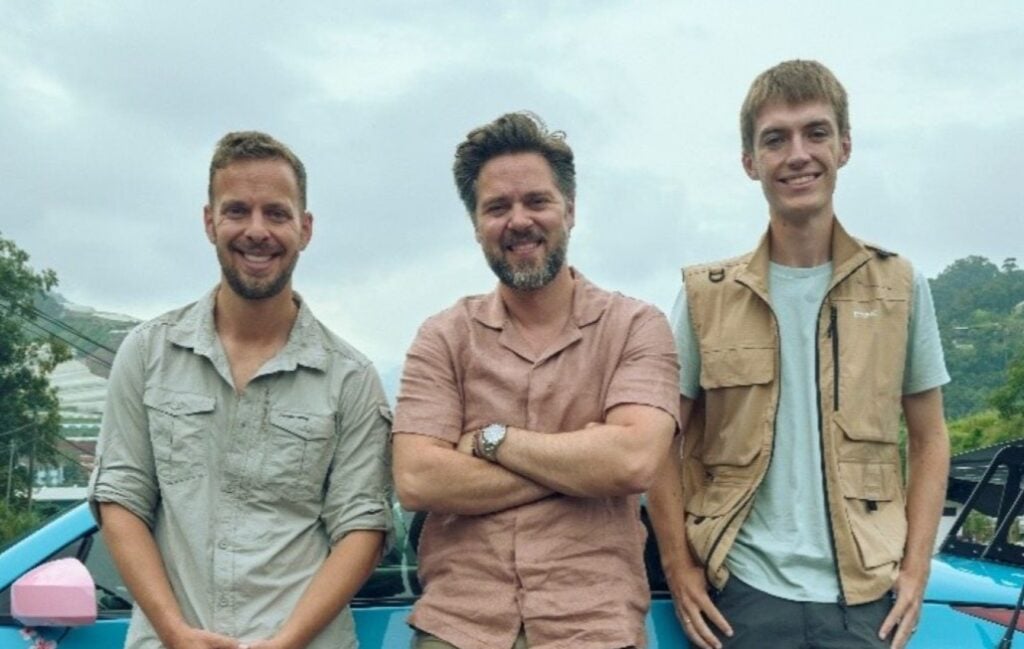THE head of one of the few parts of Australia’s once proud car manufacturing history that will survive past 2017 has described government leadership of the industry as “frustrating” and “annoying”.
Richard Emery, the managing director of Nissan Australia, who also oversees the brand’s casting and metal-forming plant that dates back to its car-making roots, has expressed his annoyance at what he says are “knee-jerk comments and short-term decisions” from government.
His dig at the Australian automotive industry’s legislative framework was sparked by comments from federal industry minister Ian Macfarlane at the launch of Hyundai’s hydrogen fuel cell-powered ix35 in Australia earlier this month.
Macfarlane told media that electric cars – such as Nissan’s battery-powered Leaf hatchback – were not a long-term solution for Australia’s future personal transport needs.
“Earlier this month I was surprised and concerned about comments by the federal government that question the role electric cars will play in Australia’s future motoring landscape,” Emery said in a statement released today.
“Ian Macfarlane, who has suddenly expressed great support for the idea of hydrogen-powered cars after declaring they ‘could place Australia in a leadership role for the introduction of zero emission vehicles within the Asia Pacific rim’, has again shown a lack of understanding and appears to have not consulted with the wider automotive industry and his own government colleagues.
“The way governments treat the Australian automotive industry is frustrating. Time and again they fail to take the time to properly consult those who have the facts.
“And it’s especially annoying when governments make knee-jerk comments and short-term decisions.”
Emery said the industry minister talked about the need for tighter emissions targets for new vehicles, yet “pulls the rug from under the future of zero-emissions electric cars in Australia”.
“In the meantime, one of his federal colleagues talks about the possible free importation of new and used vehicles from overseas, with the potential for negative impacts on road-user safety, consumer protection, and the environment from higher exhaust emissions.
“None of this makes sense.”
Emery also used the statement to needle the government over the lack of infrastructure and buyer incentives to make electric vehicles more appealing to potential customers.
“The Nissan LEAF is … the top-selling electric vehicle both globally and in Australia, and continues fighting the challenge of being accepted by consumers,” he said.
“The two barriers to its local acceptance are the same two it has faced everywhere else in the world, and they aren’t marketing or so-called ‘range anxiety’: they are the lack of publicly available battery recharging infrastructure and the absence of government-driven incentives for consumers to buy a zero-emissions car.
“These two facilities are behind the success of electric vehicles in Europe, the USA and Japan. And we need them here.”
Ian Macfarlane’s office issued a statement in response to Emery’s claims, saying the Australian Government “supports innovation across all parts of the automotive industry”.
“Electric, hybrid and hydrogen technologies all have a role in the next generation of low emissions and zero emissions vehicles,” it said.
“Ultimately, it will be up to consumers to decide their preference.”
Last year, only 173 of the battery-fuelled Leafs were sold in Australia, 15 fewer than the number sold in 2013.
Few EV models are sold in Australia. Tesla sells the circa-$100K Model S, BMW sells its quirky i3 for $63,900 in electric-only mode, and customers can special-order the $48,800 Mitsubishi i-MiEV hatchback.
Nissan’s Leaf is the cheapest EV sold in Australia, priced from $39,900 – with every one including a kangaroo-stamped aluminium cover produced at the carmaker’s Dandenong casting plant.
Last year, 1108 ‘electric cars’ were sold in Australia, although the numbers are tainted by the more popular plug-in hybrid electric vehicles that have the back-up of a petrol or diesel engine that steps in when the limited-range batteries are exhausted.
Sign up here to receive the latest round-up of Wheels news, reviews and video highlights straight to your inbox each week.





